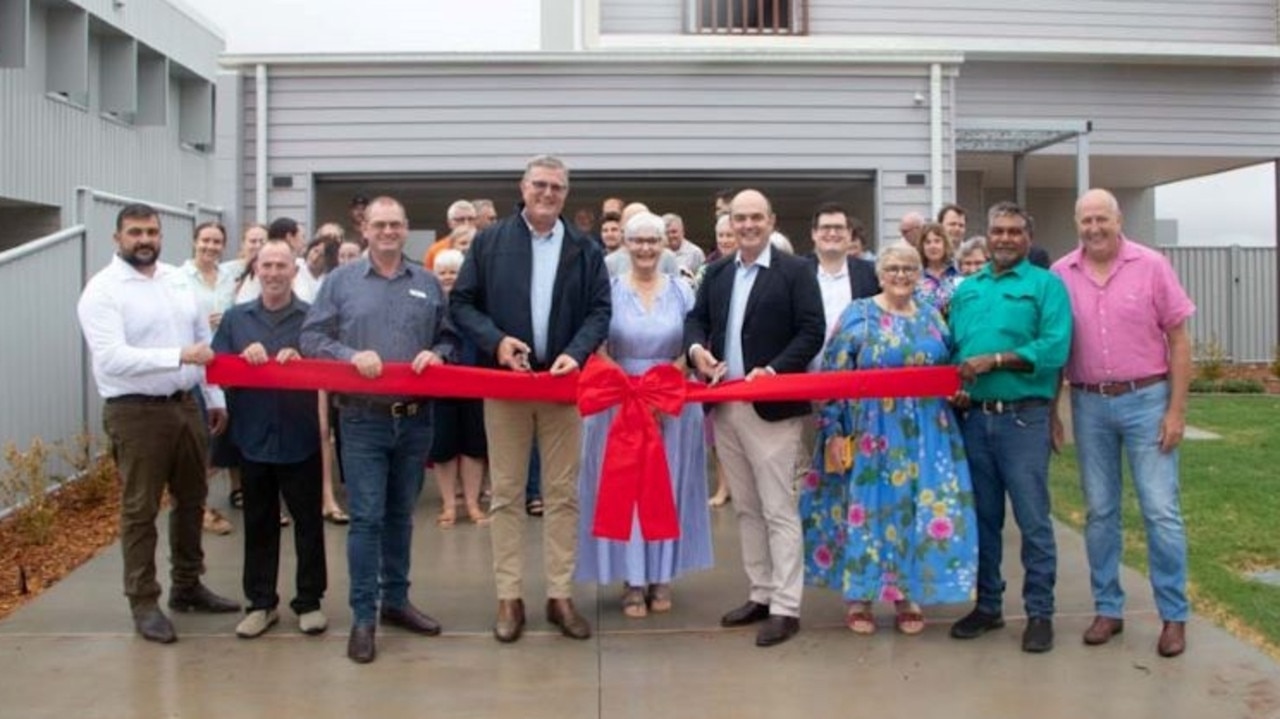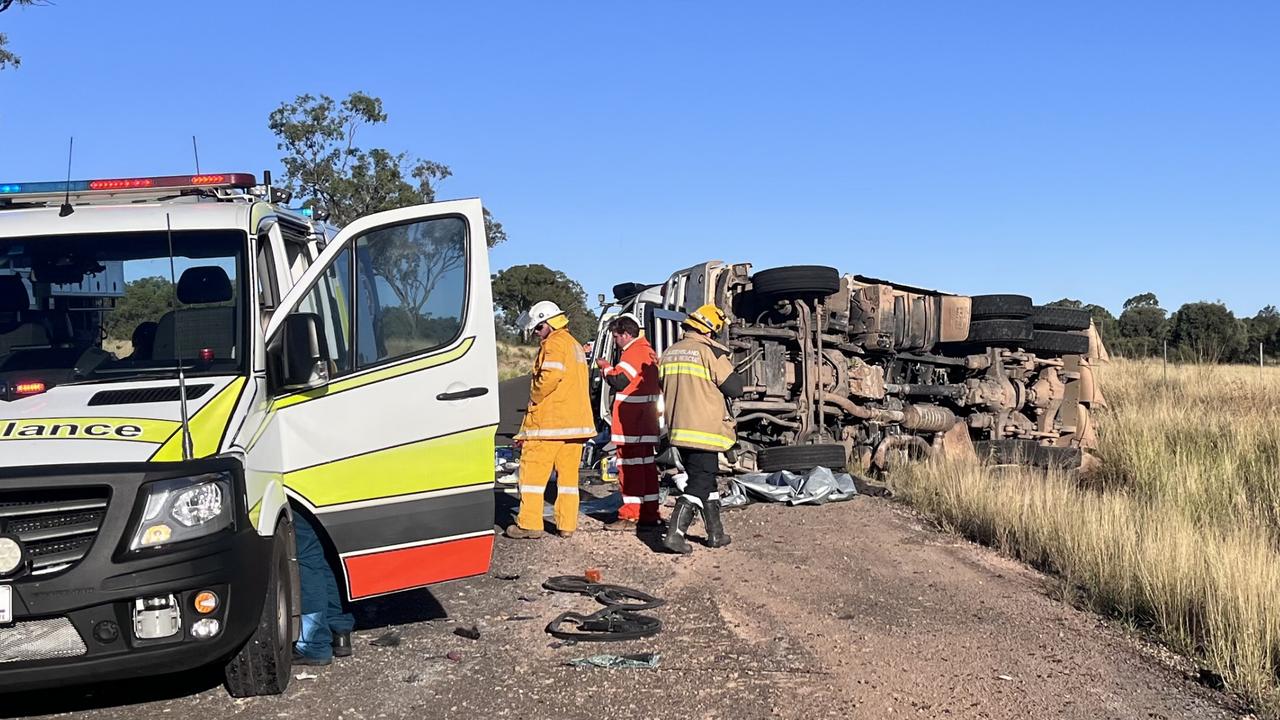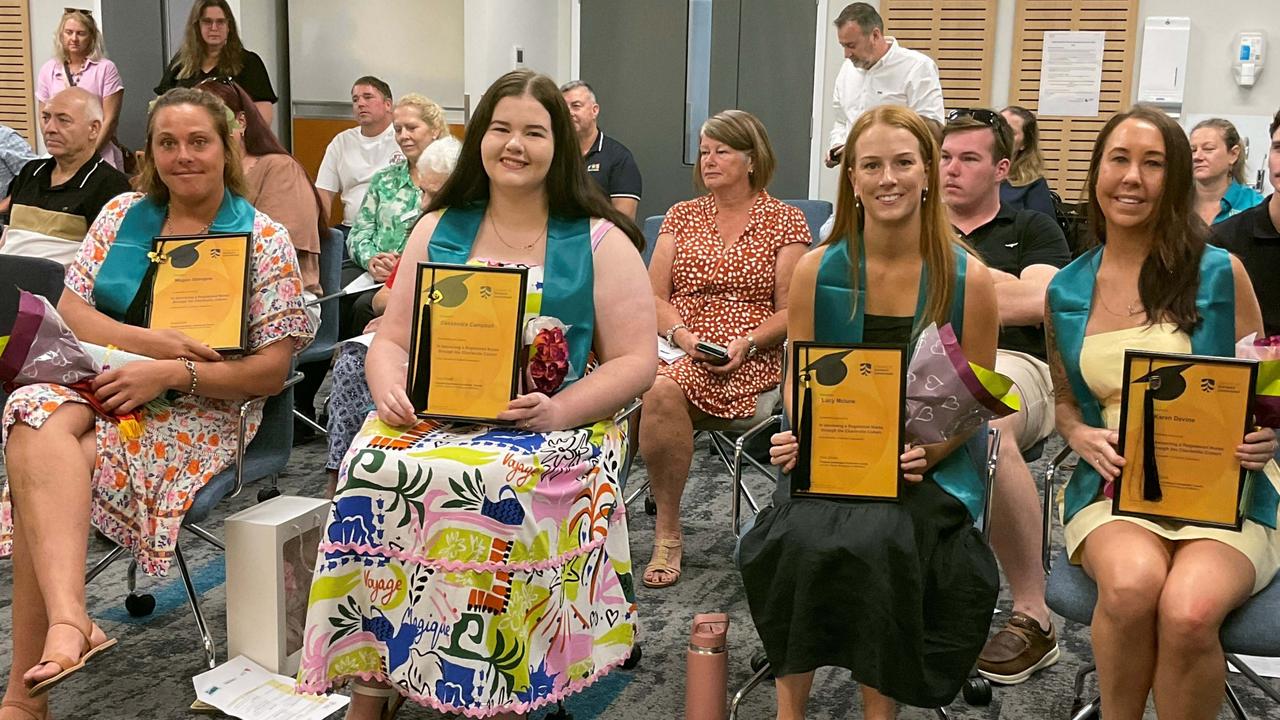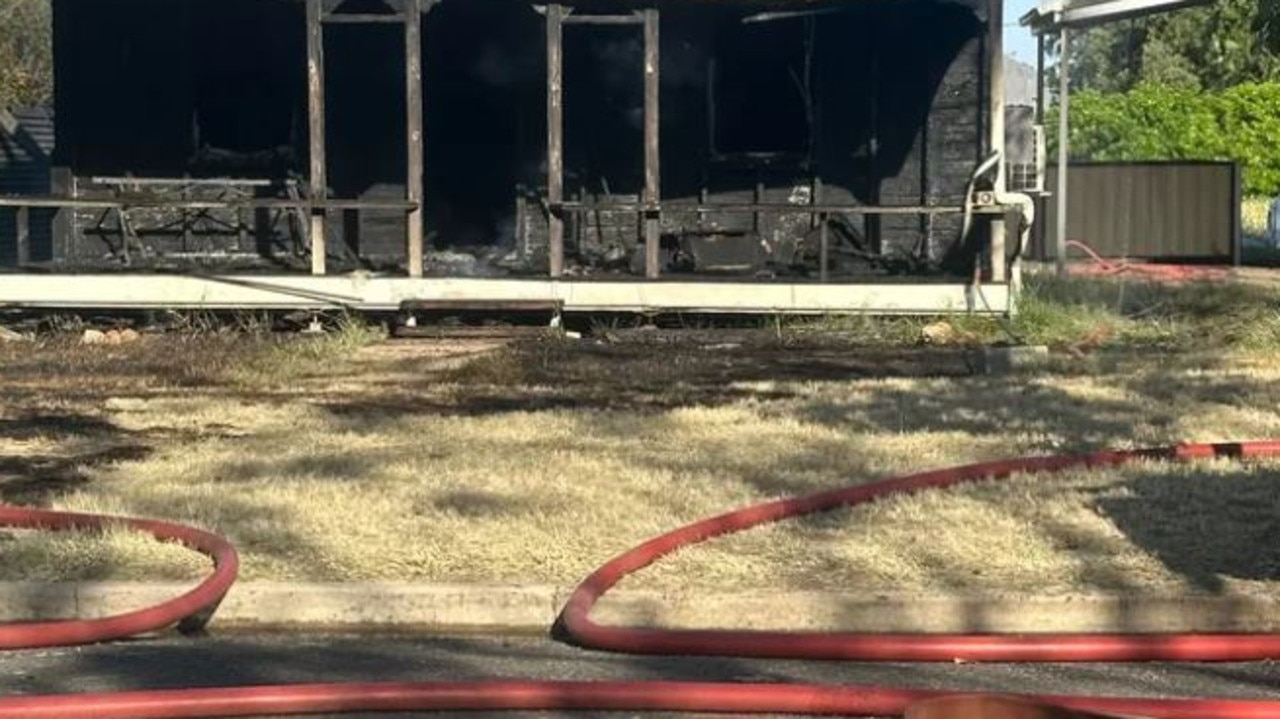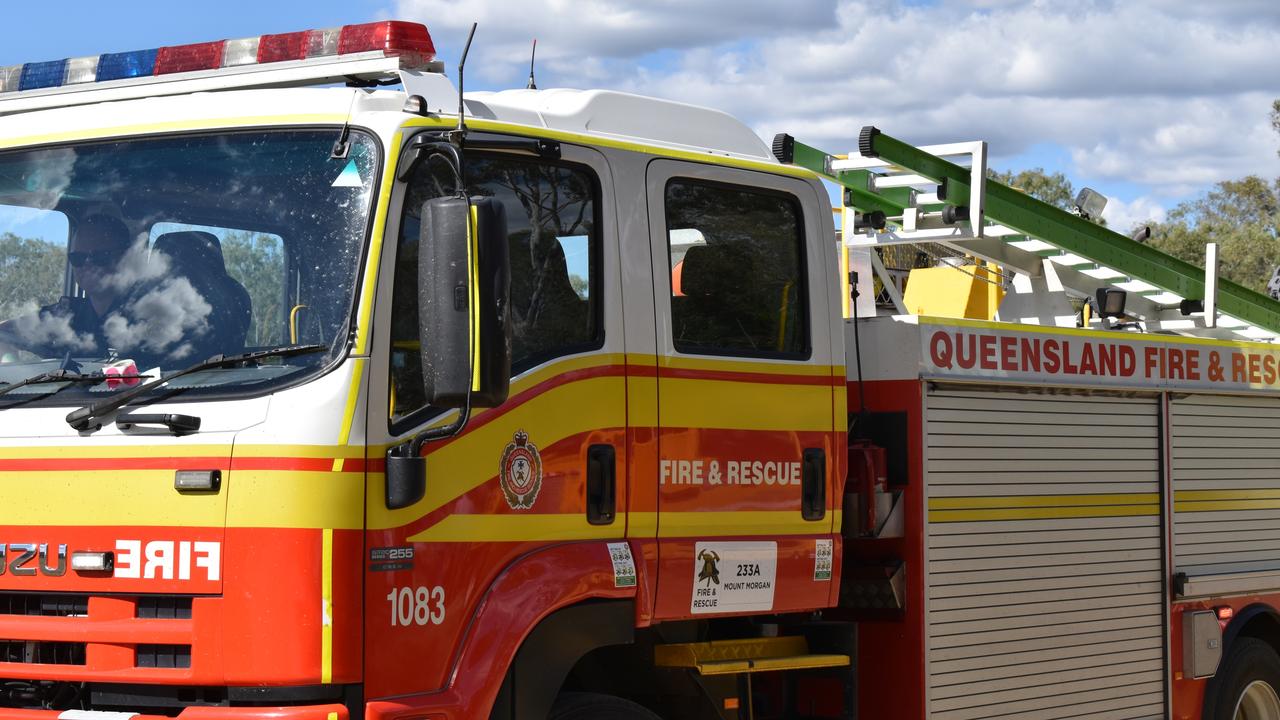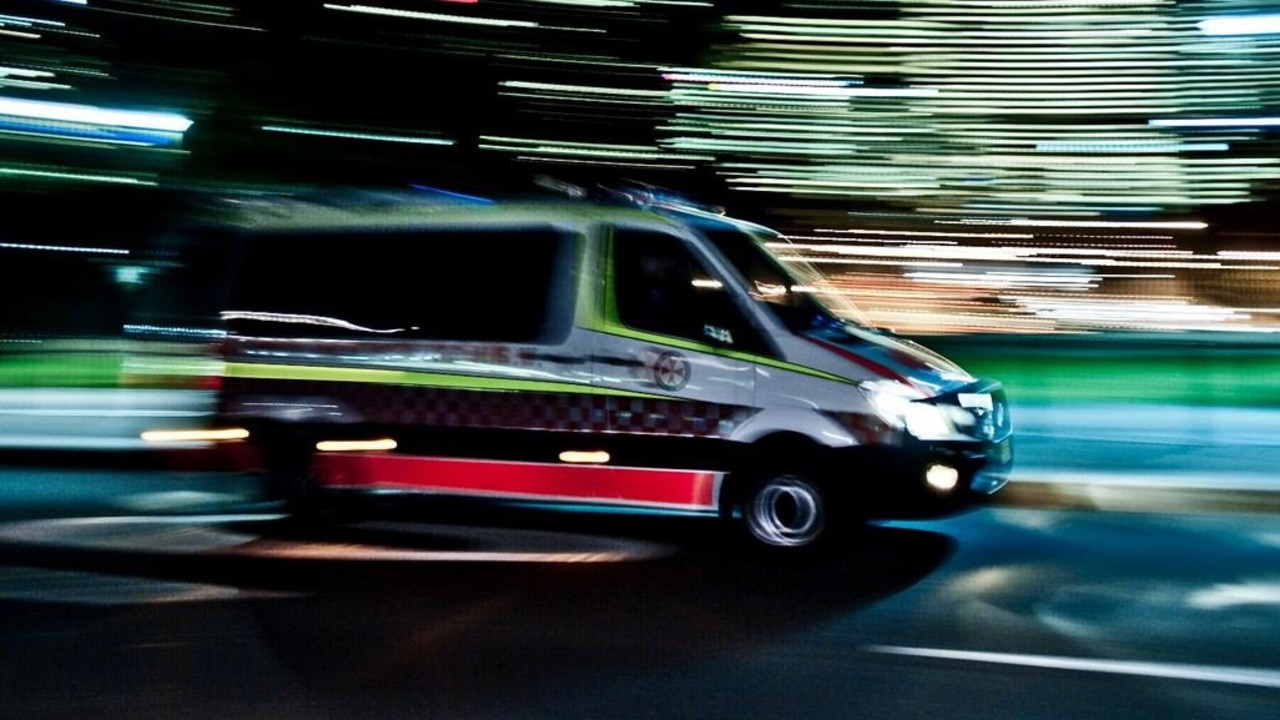How Maranoa’s political, business and religious leaders will vote in Voice referendum
Ahead of this weekend’s Voice referendum, we’ve asked Maranoa community leaders the big question and their answers show they are as divided as the wider electorate. See their responses here.
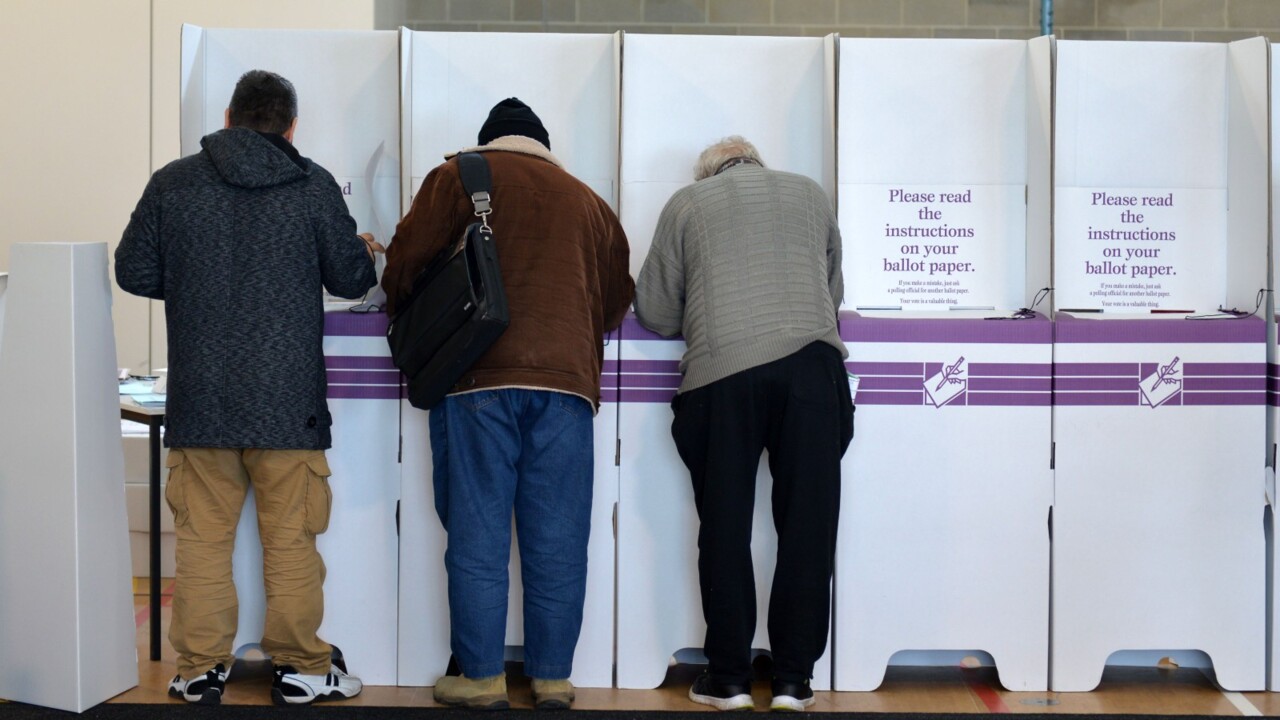
Community News
Don't miss out on the headlines from Community News. Followed categories will be added to My News.
As the Voice referendum date looms closer and closer, several prominent Maranoa leaders have openly discussed their views ahead of this weekend.
The referendum which will take place on October 14 has divided the nation, with latest polling indicating a No vote win with Maranoa expected to overwhelmingly vote No.
On the referendum day, voters will be asked a single question: A Proposed Law: to alter the Constitution to recognise the First Peoples of Australia by establishing an Aboriginal and Torres Strait Islander Voice. Do you approve this proposed alteration?
With Queensland leading the way in No votes, a seat-by-seat analysis has revealed the Maranoa electorate ranks in second for highest No votes with 81.47 per cent of residents expected to vote No.
The Western Star canvassed Maranoa region political, business and religious leaders on their views and which way they’re planning to vote.
Federal member for Maranoa and Nationals leader David Littleproud has made his opposition to the Voice well-known over the past year.
“What Indigenous people in Stanthorpe need is very different to what they need in Roma,” Mr Littleproud told The Western Star.
“Empowering elders in local communities is more important. We get the best solutions when local elders and the community determine their own local solutions.

“There will be people within Maranoa who support this and ones who don’t. It should come down to a simple question – what is the best way to close the gap?
“We don’t want to create more bureaucracy. Their (local elders’) biggest frustration is the bureaucracy.”
His Liberal National state member counterpart Ann Leahy also said she would be voting No in the upcoming referendum.
“I will be voting No in the referendum. The Voice is the one of the most divisive questions ever put before Australians,” Ms Leahy said.
“There are better ways forward for Indigenous people. I cannot see how the Voice will improve the health, education, housing of those Indigenous people who need this help the most.
“Further we don’t know how the members of the Voice will be chosen or how it will operate or if these representatives will be democratically elected.
“We also don’t know what the reparations and compensation will be that Voice supporters are referring to, or how that will impact communities or individuals.
“The Voice is a distraction from the real issues that should be addressed, lack of housing, lack of road maintenance, doctor and health professional shortages, rising costs of living, lack of drought assistance, labour shortages, rising energy costs, childcare shortages and affordability to name a few.
“The Voice is not a solution, it is a division and a diversion.”
Meanwhile Maranoa Regional Council mayor Tyson Golder declined to reveal his thoughts on the Voice, with his staffers issuing a statement.

“Mayor Tyson Golder has politely declined to comment and would like to refrain from commenting on the national referendum matter in the future,” it said.
Heartchurch Roma pastor Damian Corkett said he didn’t believe it was appropriate to comment a solid Yes or No as he didn’t want to influence the community.
“It is important for us to be wise in how we influence our local community, and not use our organisational status to sway people either way,” Mr Corkett said.
“We personally have strong views regarding the referendum and also a strong biblical foundation supporting our decision, but it would be unwise and inappropriate for us to add to the noise surrounding this upcoming vote.
“Many commentators have already spoken about the significant amount information and opinions that is out there, and we agree with many in the uncertainty of where the actual truth lies regarding the principles of these proposed changes.

“Unfortunately there has not been a lot of transparency from our National leaders regarding the finer details.
“In principle we have a heart for reconciliation, and the bible says a lot about forgiveness that can be applied and effective in this conversation.
“We 100 per cent agree with recognition of First Nations people, and together we can build a wonderful united relationship as Australians.
“But to answer a solid Yes or No and influence a community who are seeking the same answers we are, would not be appropriate.”
Fellow religious leader Daniel Gill, pastor of Roma Church of Christ, said he couldn’t speak on behalf of the church as there are a “wide range of views”, however he personally will be voting no.
“All Christians would agree that racism is bad,” Mr Gill said.

“The main reason why there are Christians with opposing views regarding the Voice to
Parliament is because of different beliefs around what will be the practical result of the
Voice being introduced, as well as differing beliefs around what the true agenda behind the
push for a Voice is.
“Will the Voice to Parliament discourage racism and promote forgiveness, or do the opposite?”
Mr Gill said he believes the “very nature of the proposal is also at it’s core racist” by dividing one race from the others.
“Many advocates and supporters of the Voice have been quick to call those who are opposed to it racists, and those who are opposed to it who are Indigenous themselves are often called coconuts; with Jacinta Price being the recipient of some of the vilest slurs imaginable.
“I believe that the Voice to Parliament will encourage people to view others through the lens of race more and more, and will result in greater division in our country.”
More Coverage
Originally published as How Maranoa’s political, business and religious leaders will vote in Voice referendum



